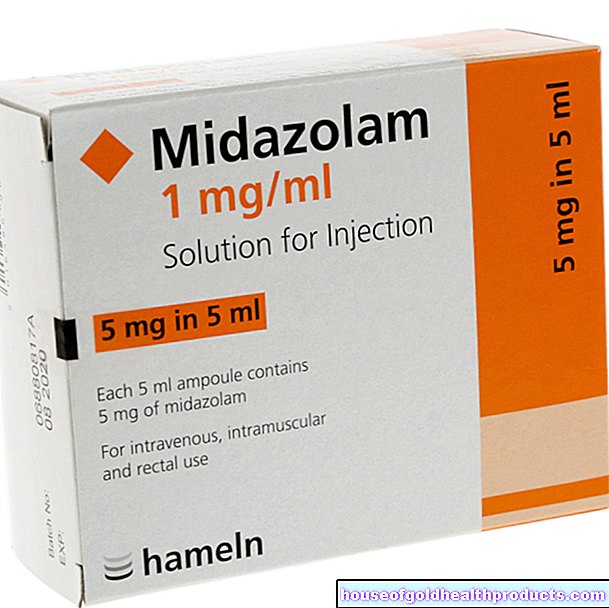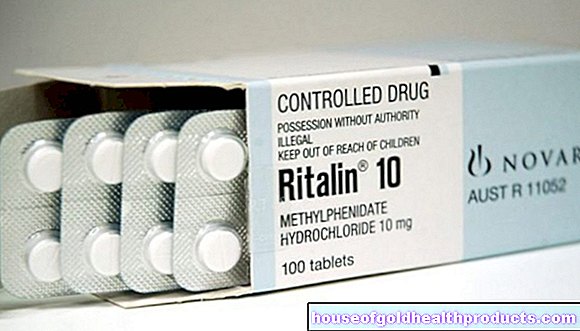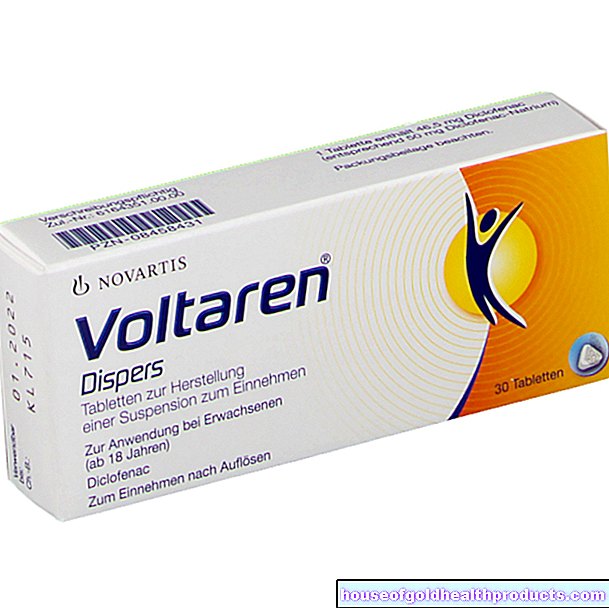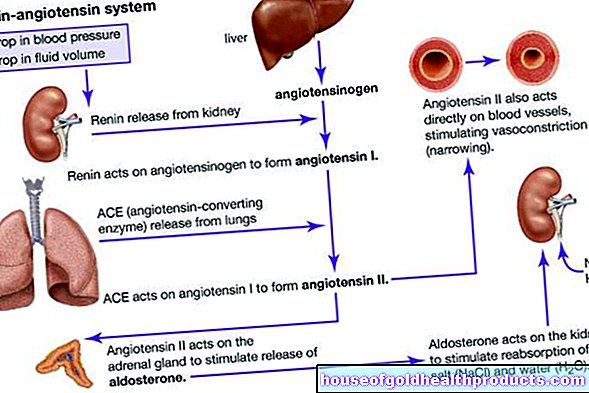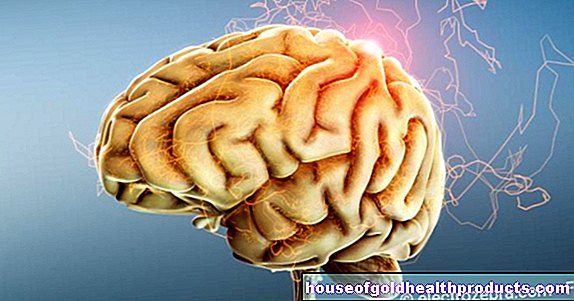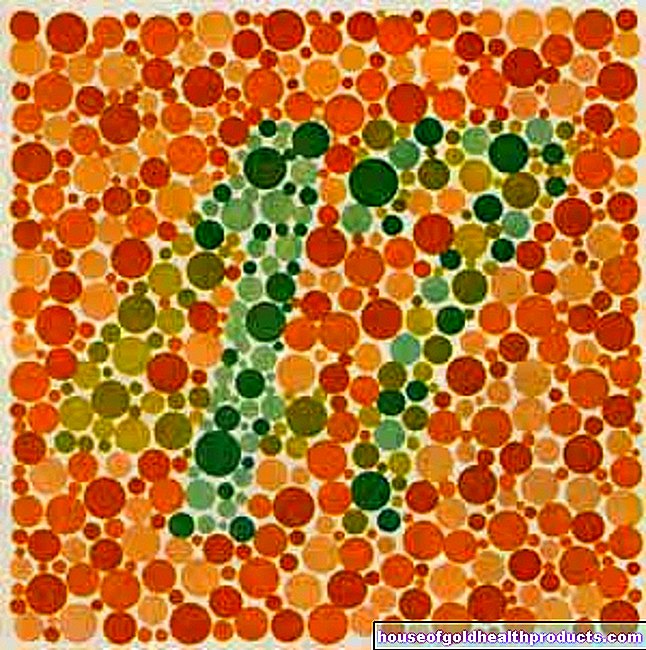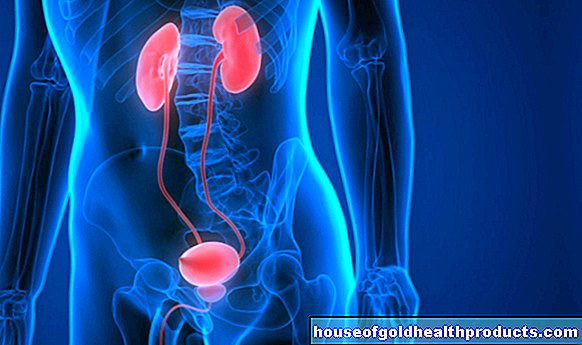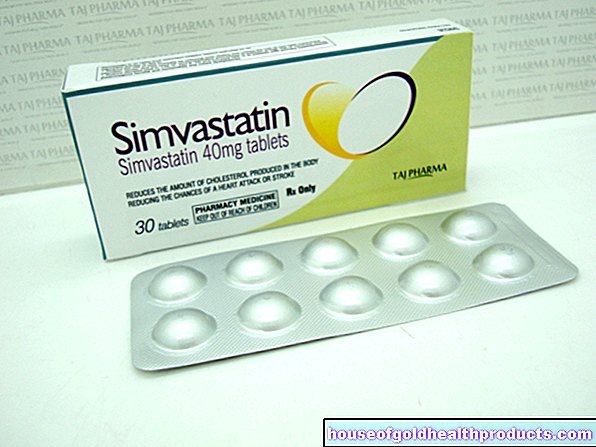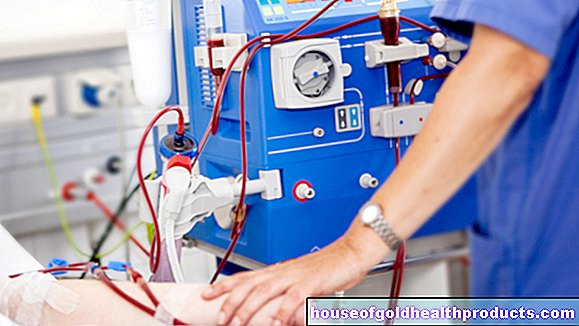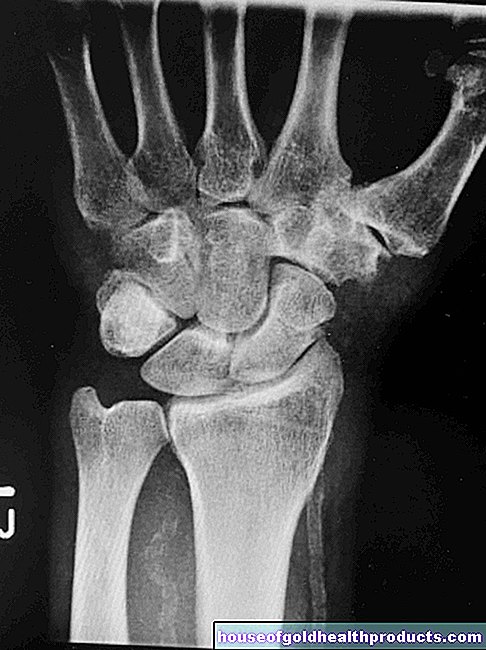U10 examination
All content is checked by medical journalists.The U10 examination takes place between the ages of seven and eight. The doctor pays particular attention to developmental disorders that often only become noticeable after starting school - for example, reading and spelling difficulties. Read everything about the U10 examination, what the doctor examines exactly and what treatment options are available in the case of a developmental disorder.

What is the U10 exam?
The U10 examination is a preventive measure for children of primary school age. It should take place between the ages of seven and eight. Particular attention is paid to developmental and behavioral disorders, which often only show up after entering school:
- Attention deficit hyperactivity disorder (ADHD)
- Reading and spelling problems (dyslexia)
- Dyscalculia
- Motor development disorders
The U10 examination is the first additional preventive care, so the costs are not covered by all health insurances.
U10 examination: what is being done?
The U10 preventive medical check-up includes the following tests, which children and parents are already familiar with from their previous preventive measures:
- Measurement of height, weight and blood pressure
- General physical examination with assessment of organ function through listening and palpation
- Analysis of a urine sample
- Hearing and eye test
In addition, for the first time, the heart rhythm is examined using an electrocardiogram (EKG). If the child does not go to the dentist on a regular basis anyway, the pediatrician will also carefully examine the teeth and their position in the jaw.
The most important part of the U10 examination: the pediatrician conducts various tests with the child to identify school performance, attention and hyperactivity disorders. The parents also receive a questionnaire in which they are asked to assess their child's behavior in school. Last but not least, the doctor advises the parents on diet and exercise, media use, violence prevention and stress management.
What is the significance of the U10 examination?
If the U10 examination reveals a reading, spelling and / or arithmetic weakness, the doctor will advise the parents about possible support measures. The schools themselves often offer ways to support the child, for example additional support hours with special didactic methods. Some children also receive compensation for disadvantages in exams.
In so-called speech healing schools there are also special classes for dyslexics. In the event that the doctor diagnoses Attention Deficit Hyperactivity Disorder, there are various support options for the child (medication, behavioral therapy, educational training).
During the U10 examination, the doctor can explain to the parents which treatment options are suitable for their child.
Tags: fitness eyes Baby Child




